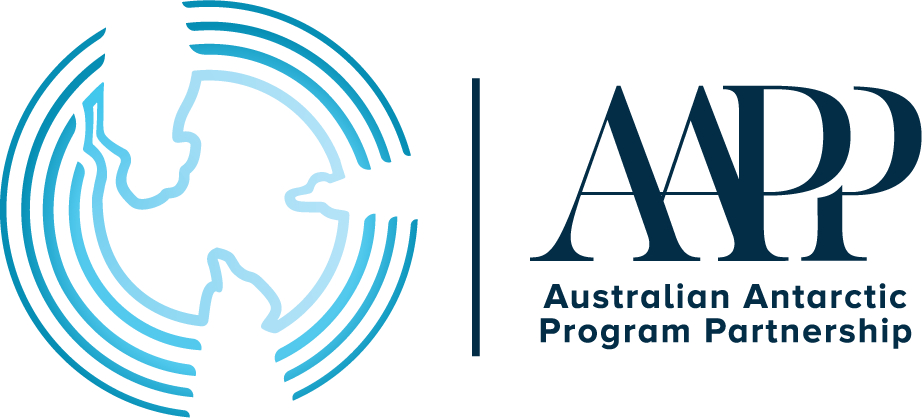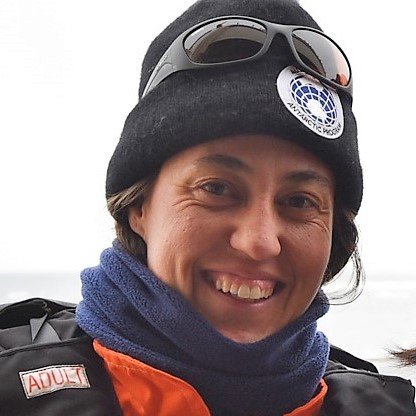THEME 3
Future of Antarctic Sea Ice, Krill and Ecosystems
The AAPP will deliver new understanding of the processes controlling variability and change of Antarctic sea ice and associated ecosystems. Changes in Antarctic sea ice influence many aspects of the Antarctic and Southern Ocean environment, with consequences that can have global impact, including the global heat balance or the global ocean circulation. The drivers of change in Antarctic sea ice, however, remain poorly understood, including the cause of the recent shift from record-high to record-low sea-ice extent. As a result, sea ice is not well represented in current Earth system models and hence there is low confidence in projections of sea-ice changes and their impact.
Sea ice also provides critical habitat for krill, a keystone species of the Southern Ocean ecosystem, but the relationship between krill and sea ice remains poorly understood. The combination of low confidence in projected sea-ice change and poor understanding of the coupling between sea ice and krill means that it is not yet possible to assess the consequences of climate change for krill and the broader Antarctic marine ecosystem. Furthermore, other environmental changes, including warming, acidification, and the altered supply of essential micro-nutrients, are also likely to impact Southern Ocean organisms and ecosystems. However, understanding of the response of ecosystems to the combined effect of multiple stressors remains poor.
Through a combination of field-based, remote-sensing and laboratory studies as well as numerical modelling and its analysis, AAPP research will underpin more reliable projections of change in the AAT’s sea-ice zone and its impacts on climate, ice shelves and marine ecosystems, providing decision-makers with the knowledge needed to frame and respond to climate change.
PROJECT 6: Sea Ice
Broad-scale measurements of sea ice will be made during transits of sea ice areas by RSV Nuyina, with autonomous vehicles, and by satellite remote sensing. The RSV Nuyina will allow multi-disciplinary process studies to be carried out within the sea ice, targeting different sea-ice regimes and seasons. Long-term records from satellites and proxy data will be used to assess sea-ice change over multiple decades.
The key science questions for this project are:
- How is the East Antarctic sea-ice environment varying and changing, and which processes are responsible for these changes?
- How do sea-ice processes and change interact with and affect ice shelves in East Antarctica?
- What are the effects of sea-ice change on primary productivity and biogeochemical processes in the Southern Ocean?




